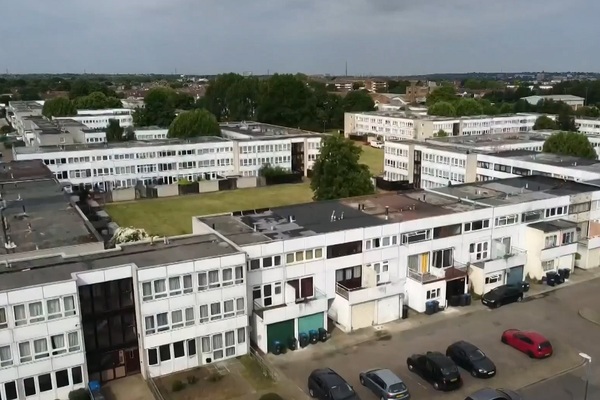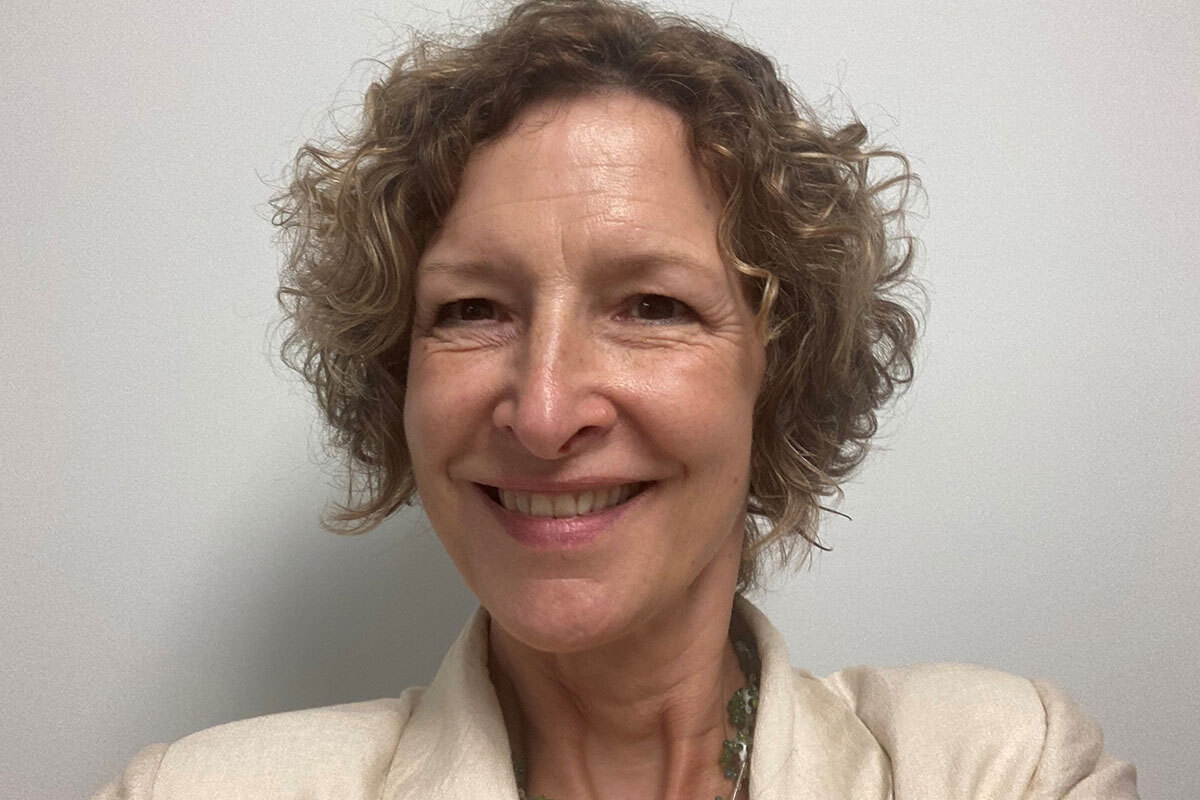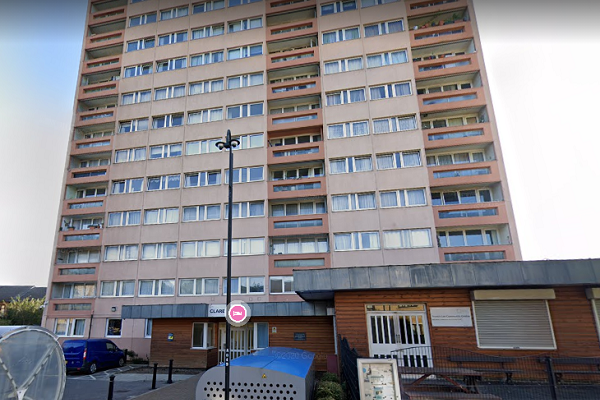You are viewing 1 of your 1 free articles
Housing Ombudsman’s special investigation into Clarion finds multiple service failures
The Housing Ombudsman has released the outcome of a special investigation that found multiple failings of damp and mould, complaint-handling and record-keeping at the UK’s largest housing association.
The ombudsman opened the investigation into Clarion after it found “significant failings in dealing with a complaint about leaks, repairs and a rodent infestation” in one case of severe maladministration that it felt may indicate a wider service failure.
The ombudsman reviewed 13 investigations that featured a number of issues, over a six-month period up to June 2022.
Its findings show that three-quarters of those cases were service failure or maladministration, including five findings of severe maladministration, and there were five findings of reasonable redress or no maladministration.
The individual cases highlighted in the report involved residents living in eight local authority areas.
Five key findings have been made as part of the report, which has set out a number of recommendations on each issue.
On damp and mould, the 125,000-home landlord’s approach was described as “often inconsistent” and did not have a sufficiently robust and detailed policy in place around this issue. It also said the policy aims that it did have were not met in practice.
The report states: “Residents were left living in poor and deteriorating conditions which some reported had affected their daily lives. Some were unable to use rooms and reported an impact on their health.”
The ombudsman identified recurring themes of a failure to accurately diagnose the cause of damp and mould within a reasonable timeframe, poor communication and failures to update residents on inspection findings and the actions to be taken.
On this issue, Clarion was advised that its policies should be published and shared with residents, including reviewing its practices on how to successfully gain access to properties.
On complaint-handling, the ombudsman said that four of the five severe maladministration findings were related to this issue.
The report found that evidence of service failures were indicative of wider service failures in the landlord’s handling of formal complaints, with poor complaint-handling often adding to existing delays in addressing the service provision issue.
One complaint that was handled poorly and subsequently highlighted in the report was an incident where it took the landlord five months from receiving the complaint to issuing its stage two response, and a further 15 months to issue a ‘revised stage two response’.
As a result, Clarion was asked to produce an action plan to improve the timeliness, quality and consistency of its complaint responses and the clarity of the information available to residents about its complaint-handling procedures.
Poor record-keeping and communication were also recurring themes in the majority of the cases, both in the response to the service request and the subsequent handling of the complaint.
The report highlighted a case of serious failings in the landlord’s record-keeping, where it did not keep a record of initial inspections and there was no audit trail of a claim sent to an insurer.
Another issue of particular concern to the ombudsman was a failure to take residents’ vulnerabilities into account, and the report found no evidence that these vulnerabilities had been recorded or considered by
the landlord.
Clarion should ensure that a resident has a clear point of contact when dealing with ongoing issues, the ombudsman said.
On compensation, the report acknowledged that Clarion had offered sizeable compensation in two of the cases with severe maladministration findings, but the ombudsman said that while this may be an appropriate outcome at the end of a complaint, it should not be routine.
The landlord has been told to review where it has made repeated, significant compensation offers to identify any improvements that could facilitate earlier resolution of complaints.
There was no evidence of wider service failure in the landlord’s overall approach to pest control, but weaknesses were found in its response to individual cases.
Clarion must ensure that early action is taken where there is any indication that reports of pests may not be solely within the resident’s own property, or could be caused by disrepair.
The ombudsman pointed out that Clarion had engaged “positively and actively” with the investigation and had acted on the orders made in the 13 individual cases.
Richard Blakeway, housing ombudsman, said: “This investigation has brought a focus to the key weaknesses we identified and makes recommendations for the landlord to further learn and improve.
“The fact remains that residents had to raise formal complaints to prompt action from the landlord and the complaint-handling was then often slow and ineffective, adding to their dissatisfaction. While the landlord has regularly self-assessed against our Complaint Handling Code, this has not led to significant adjustments to its published policy.”
Mr Blakeway advised Clarion to consider how it achieves a positive complaint-handling culture, alongside a leadership that promotes this approach across the organisation, while involving residents in addressing the report’s recommendations.
In response to the report, Clarion admitted that it has not provided the quality of service it aims to provide, or that its residents deserve, in each case.
The landlord said: “We have learnt from these cases and in every instance, we have made changes to our approach so that we reduce the chance of a similar issue arising.
“During the course of the investigation, we collaborated fully with the ombudsman, sharing the work we are doing to secure lasting improvements. We have also worked with our residents to review the learning and accepted and implemented their recommendations for change. Our complaint-handling performance is also regularly reported to our boards.”
Clarion pointed out that it carries out more than 1,300 repairs per day and has invested in new equipment and technology to support the early detection of damp and mould and the management of data.
The landlord also said that it reviews its investment priorities to ensure that its planned investment is targeted where it is needed most, and that its own independent satisfaction survey results show high levels of satisfaction with its repairs services among residents.
However, it acknowledged that “in a small number of cases” it was not meeting those high levels of satisfaction and did not provide the service its residents deserve.
It is the second time the ombudsman has used the additional powers given to it under the Housing Ombudsman Scheme in September 2020.
These powers give it the ability to conduct systemic or thematic investigations beyond an individual complaint or landlord.
While the aim of such a report is to help the landlord strengthen its own approach, it also aims to help other landlords identify potential learning to improve their own services and is part of the ombudsman’s wider work to monitor landlord performance and stimulate learning from complaints.
Sign up for our daily newsletter
Already have an account? Click here to manage your newsletters












